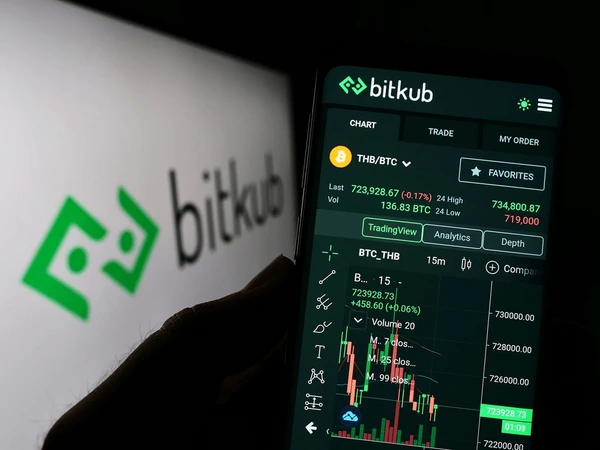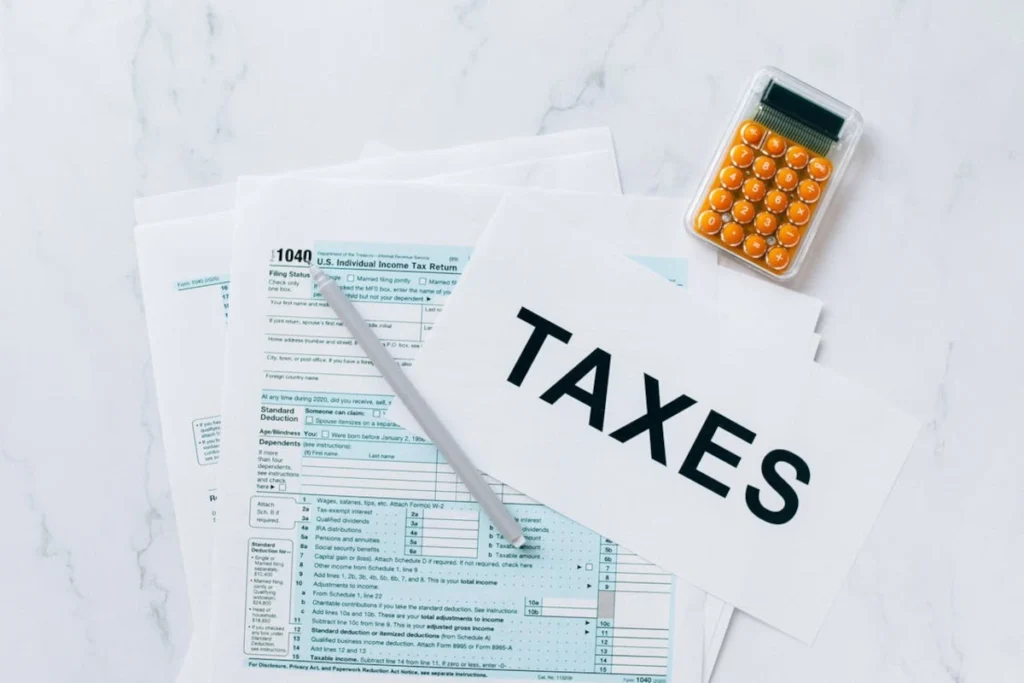Is Forex Even Legal in Thailand? Your Crypto & Forex FAQs for 2025
October 3, 2024

Frequently Asked Questions (FAQ)
In Crypto Trends in Thailand 2025, Thailand’s digital trading landscape is buzzing with activity—especially around crypto and forex. With influencers hyping strategies and platforms popping up left and right, many Thai investors are eager to join the action. But amid the excitement, one question still causes confusion: is forex trading actually legal in Thailand? And how does crypto fit into the picture? This FAQ breaks down everything you need to know—from legal clarity and regulatory risks to trading trends shaping the future.
Crypto Trends in Thailand 2025 : Is Forex Trading Legal in Thailand in 2025?
Yes—but with major restrictions. Forex trading in Thailand is not outright illegal, but it’s tightly regulated by the Bank of Thailand (BoT) and the Securities and Exchange Commission (SEC). Only licensed financial institutions (like local banks or approved brokers) are allowed to trade forex legally.
Retail traders who use offshore brokers operate in a legal gray zone. While some do it, they risk legal issues and potential financial loss without protections.

Credit from : Fintech News Singapore
Crypto Trends in Thailand 2025 : Why Are People Still Trading Forex Despite the Restrictions?
Two reasons: accessibility and FOMO. Offshore brokers often market aggressively to Thai users, offering high leverage, bonus schemes, and fast withdrawals. Social platforms like YouTube and Telegram amplify hype with success stories.
However, many traders face problems—such as withdrawal issues or losing funds due to unclear broker policies. Without local regulation, there’s little recourse if something goes wrong.

Credit from : Silver Mouse
Crypto Trends in Thailand 2025 : What About Cryptocurrency? Is It Legal in Thailand?
Yes. In fact, crypto is gaining traction fast in 2025. The Thai government has introduced more comprehensive regulations and licensing for crypto platforms. Centralized exchanges like Bitkub and Zipmex operate under Thai law and offer a safer entry point for digital asset trading.
This growing acceptance of crypto reflects a broader shift toward integrating blockchain technology into Thailand’s financial infrastructure.

Crypto Trends in Thailand 2025 : Could Crypto’s Popularity Influence Forex Policy?
Possibly. Crypto and forex attract similar investor demographics—digital-first, under 35, and risk-tolerant. As the government becomes more comfortable regulating crypto, some experts believe this could eventually lead to looser restrictions on forex trading.
But don’t expect immediate changes. The BoT is still cautious due to concerns about capital flight, currency volatility, and financial stability.

What’s the Main Risk of Using Offshore Forex Brokers?
The lack of investor protection. Offshore brokers are not regulated by Thai authorities, meaning users have no legal fallback if the broker refuses withdrawals, manipulates prices, or suddenly disappears. These platforms may promise big rewards but often lack transparency.
How Do Crypto and Forex Compare for New Investors in Thailand?
| Feature | Forex | Crypto |
|---|---|---|
| Liquidity | Extremely high | High, but varies by token |
| Regulation | Strict in Thailand | Growing but more open |
| Accessibility | Difficult for retail investors | Easier through Thai-licensed exchanges |
| Risk Level | High (especially with offshore brokers) | High (but with better local oversight) |
| Taxed? | Yes (but harder to enforce) | Yes (capital gains and VAT applicable) |

If I’m New to Trading, Where Should I Start?
Many recommend beginning with a Thai-licensed crypto exchange. These platforms offer local compliance, customer support, and greater transparency. It’s a good way to learn market behavior before considering higher-risk strategies like leveraged forex trades.
Can I Trust All Crypto and Forex Apps?
No. Be wary of platforms that:
- Lack clear regulatory information
- Promise “guaranteed profits”
- Use outdated designs and aggressive marketing
- Ask for upfront deposits without verification
Always verify licensing status and read user reviews before funding any account.
Is Forex Worth Exploring in 2025?
It depends on your risk appetite and willingness to navigate regulation. While forex remains one of the world’s largest financial markets, access in Thailand is still limited. Without licensed platforms, the risk often outweighs the reward—especially for beginners.
Crypto, while still volatile, is more accessible and better regulated locally. It may be a smarter first step into the world of alternative investing.
Final Takeaway
Thailand’s financial trading scene in 2025 is shaped by two very different narratives: crypto is gaining legal ground, while forex remains legally restricted for most individuals. For now, retail traders may find more secure and compliant opportunities through local crypto exchanges.
Do your homework, avoid offshore traps, and if possible, consult a financial advisor. The landscape is evolving—but caution is still your best asset.

